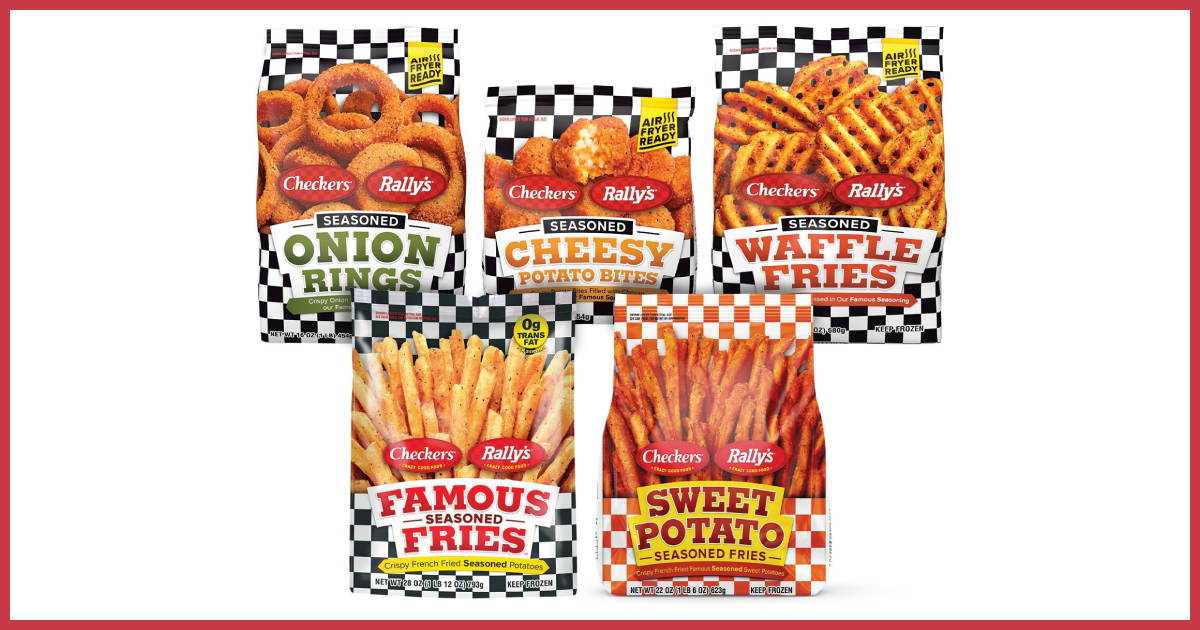A New Recipe for Ingredients Licensing

By Mark Seavy
As consumers seek a broader range of ingredients and flavors from food and beverage products, suppliers are drafting new recipes for licensing.
And while ingredients licensing has long been a focus for large companies like Unilever, Hershey, and Mars, many small and mid-size companies have also developed a taste for the business as they seek to expand.
Drink infusion supplier Rokz, for example, signed its first licensing agreement with Indian food spice developer Droosh and expanded distribution for its Masala Sunrise and Twilight Party cocktail rimmers through retailer World Market. British biscuit specialist, Biscuiteers, launched a giftbox collection with the London luxury hotel The Savoy that is available to VIP guests in a box featuring designs inspired by a London bus, a Savoy fit bag, and Kaspar the Cat. And confectioner Cartwright & Butler partnered with Virgin Wines and Internet-based greeting card and gift retailer Moonpig to pair caramelized honey almonds in dark chocolate with Australian shiraz cabernet.
“Consumers are seeking multisensorial experiences,” said James Slifer, Managing Director of Business Development at The Joester Loria Group, which represents brands like Pepsi, Cheetos, and Froot Loops. “They want bold new flavors, mashups, and textures that surprise and delight them.”
In the same way consumers are seeking these new flavor profiles, so too are suppliers.
The Checkers & Rally’s restaurant chain recently signed a licensing agreement with John Soules Foods for chicken bites that have launched through Kroger. Checkers & Rally’s also recently expanded its branded assortment with Lamb Weston to include seasoned cheesy bites, onion rings, waffle fries, and sweet potato fries.
Insignia Capital Group’s Tillamook Country Smoker beef sticks recently extended its line with products infused with Michael Kurtz’s Mike’s Hot Honey, while fruit arrangement supplier Edible licensed Tajin Corp.’s chili lime seasoning for chocolate-dipped fruits and bakeshop items like cheesecake. Additionally, seasoning supplier McCormick launched an agreement with Chicken of the Sea for tuna fish co-branded with Old Bay.
“There is a strong connection with consumers for the different taste and flavor profiles and that is what is drawing them and companies to sign more ingredients-based agreements,”
said Kristin Edstrom, Director of Marketing for Global Food Retail and Product Licensing at Checkers and Rally’s Restaurants. “This gets small or mid-size suppliers some exposure faster and the goal is to grow their business. For many of them, taking on new brands means being able to potentially attract a new customer.”
The restaurant chain is seeking licensing deals in popcorn, corn nuts, potato chips, and pretzels for the seasoning blends used in its french fries, Edstrom said. Beloit, WI-based Kerry Foods manufactures the blends for Checkers & Rally’s.
While ingredients agreements seem straight forward, they vary depending on several factors. In some cases, the deals may include ingredients purchase costs as well as royalties ranging from 1.5% to 5%. In others, they could include one or the other. When the agreement involves a smaller company, there may be no advance payment required and a straight royalty. And then there is an approach where the ingredients purchases are included with a lower royalty rate.
“It is a tricky space because the companies would like to just purchase the ingredients and use the name,” said Janna Markle, SVP Brand Licensing and Strategic Partnerships at Brand Central, which represents Mars Wrigley, Kraft Heinz, and The J.M. Smucker Co. “It is up to licensing to ensure that there is a royalty accompanying that purchase for use of the brand name. Often the foodservice division of a company manages ingredients sales and is not used to requiring a licensing fee for the brand.”




